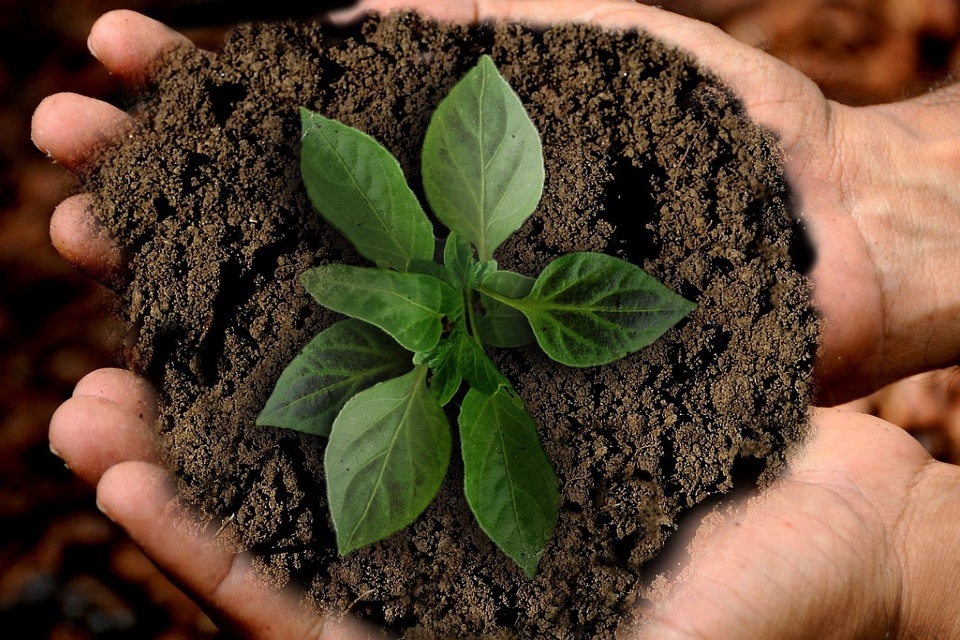Could games be key to helping brands tackle social and environmental issues?
By Glenn Gillis (pictured), CEO, Sea Monster
In 2023, the world saw record high summer temperatures in Europe and the US, deadly floods in locations across the globe, and catastrophic wildfires in Greece, Canada, Turkey, and many other locations. On their own, each of these incidents is a tragedy. Collectively, these indicators serve as a stark warning, highlighting the significant impact the climate crisis is already having on societies across the globe. Taken together, they represent a profound warning about how big an impact the climate crisis already has on societies worldwide.
At the same time, almost all of those societies are grappling with significant social issues. Whether it’s income and wealth inequality, gender, race, and class discrimination, crime, or education disparities. These are all issues that must be addressed for any society to flourish.
Addressing both climate change and the myriad of social issues listed above requires intervention from stakeholders across society, including brands. For many companies, that has meant incorporating environmental, social, and governance (ESG) standards into their operations. Those integrations don’t always come easily, however. In fact, in a 2022 survey, 44% of UK businesses admitted that they were failing to deliver on their sustainability commitments.
Fortunately, there are strategies that brands of all sizes can adopt when it comes to simplifying ESG integrations and encouraging participation from their employees and customers alike to join their mission. Games, in particular, have an important role to play.
Building on brand purpose
To understand how games can help brands tackle social and environmental issues, it’s critical to recognise the importance of brand purpose. Beyond the “what” and “how,” brand purpose can broadly be defined as a company’s “why”. It’s also what customers look for and most easily latch onto when they choose which brands to support.
Increasingly, that means putting their environmental and social commitments at the heart of their branding. A report released in October last year, for example, found that 70% of consumers want to know what brands are doing to address those kinds of issues, with 46% paying close attention to a brand’s social responsibility efforts when making a purchase.
While the United Nations’ Sustainable Development Goals (SDGs) provide a ready-made framework that brands can work from, communicating brand purpose based on that is a different proposition. That’s where games and gaming can make a significant difference as a vehicle of communication, a place to build communities and as a means to inspire shifts in behaviour. In this way, games can be leveraged to help brands connect with their customers to drive this higher purpose while also driving their own marketing and brand goals.
The power of impact games
In order to get those results, brands can’t just expect to build any game. Rather, brands need to adopt impact gaming strategies in order to maximise the power of the medium.
Even if you’re unfamiliar with the term “impact games,” chances are you’ve encountered one at some point or another. If you or your child have ever used a game to supplement educational activities or have seen a game used as a workplace training tool, you’ve witnessed impact games in action.
These games can mirror the dynamic interactions, structural complexities, and feedback loops that characterise real-world situations and scenarios. In doing so, they can encourage and reward the kinds of outcomes and behaviours that organisations want to see from their customers and employees in a comparatively low-stakes environment. They work because, rather than simply trying to build an association between a specific brand and positive social and environmental impacts, they provide an authentic and relevant way for brands and consumers to exchange and share value around these issues.
An industry adept at driving change
When it comes to environmental and social issues, many brands have built up an extensive understanding of environmental and social issues and how to address them and talk about them through gaming.
A prime example of how games can not only target broad audiences but also produce valuable insights is UNDP’s Mission 1.5. This game served as a climate policy education tool and provided a platform for players to vote on the climate solutions they wanted to see happen. According to UNDP, they received 1.2 million respondents, making Mission 1.5’s “People’s Climate Vote” the largest survey of public opinion on climate change ever conducted. Using a new and unconventional approach to polling, results span 50 countries, covering 56% of the world’s population, showcasing the potential for how brands can use games as a dynamic tool for education and obtaining audience data and sentiment at scale.
As another example, 2023 saw leading coconut water brand, VitaCoco create an experience on Roblox called ‘Coconut Grove’. Through interactive experiences and games, Vita Coco was able to not only spread awareness about responsible farming practices with the online community they had built in their game but they also actively supported sustainability with a pledge to donate $1 to its charity partners in Brazil for every coconut seedling planted in the Roblox experience, up to $75,000.
Similarly, as part of their commitment to supporting the agroecological movement, Nestle France launched a Farmtopia experience in Minecraft in order to help raise awareness among young people about the world of regenerative agriculture. And other impact games with an environmental and social lens are also making a difference in the fashion and finance spaces, among others.
Big issues require big engagement
There is no doubt that brands have a significant responsibility when it comes to helping find solutions to environmental and social issues. Their ability to do so, however, depends heavily on keeping customers and employees as engaged as possible and promoting their values as a brand with their community.
When it comes to driving engagement and reaching their audiences in an effective way, there are few more powerful tools than impact games. So, by working with the right game development house, brands can drive their ESG and sustainability commitments forward and promote their brand purpose in ways that would previously have felt impossible.




